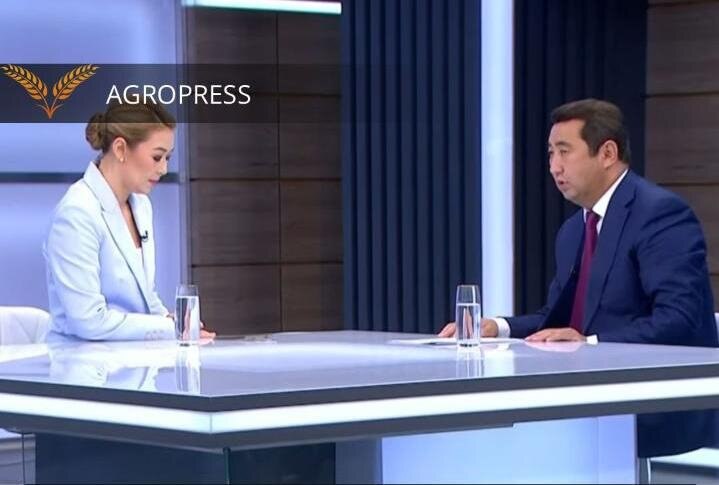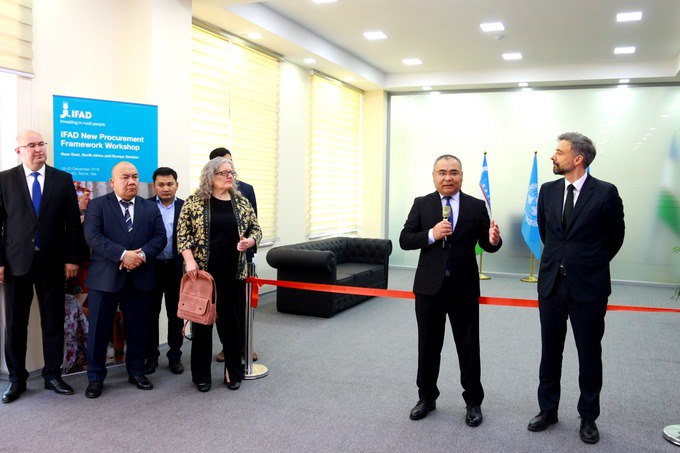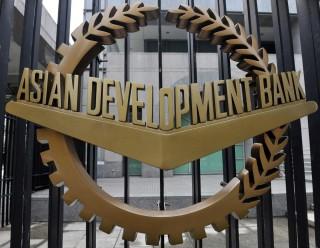ALMATY (TCA) — Representatives of governments, the United Nations, and technical experts from 13 countries across the Eurasia-Pacific region have gathered this week in Kazakhstan to share knowledge and discuss new financial solutions to protect and better manage biodiversity, United Nations Development Programme in Kazakhstan reports.
Speaking at the 3rd Regional Workshop of the Biodiversity Finance Initiative (BIOFIN) which is taking place in Almaty from April 25-27, Senior Technical Adviser for BIOFIN, Dr. David Meyers said research shows that the current global financial needs for biodiversity management stands at between US$150-440 billion per year.
“While we estimate that we are spending around US$50 billion per year across the globe on biodiversity, we need improved clarity on what we are actually spending, what we really need, and how we can more effectively use what financial resources we have,” said Dr. Meyers.
“This significant finance gap underpins the need to find new approaches to tackle the finance challenge with broad participation of governments, the private sector and other stakeholders,” he said.
Biodiversity provides enormous value to our societies and economies – clean water, climate regulation, flood prevention, recreation, food, fuel, and fibre, among others. Yet nature’s services are at severe risk.
BIOFIN provides the technical tools and brings countries together to develop and implement evidence based finance plans and solutions to safeguard and better manage biodiversity.
In Kazakhstan, biodiversity is of great value to the economy and population. Many communities rely on natural resources including fisheries and forest resources found nowhere else on earth, as well as rare mammals such as Kazakhstan argali, saigas (antelope) and gazelle.
But these valuable resources are under threat as poaching is on the rise while habitat loss and degradation from pressures from mining and extractive industries continues.
“BIOFIN’s work with the government of Kazakhstan has found that 86% of current expenditure for biodiversity comes from public sources. We now have a great opportunity to find solutions that tap into other sources including the private sector, as well solutions that realign and better deliver public funds to protect these important species and ecosystems in this country,” said Dr. Meyers.
There is growing evidence that quality solutions to improve finance for biodiversity management and conservation also contributes to broader sustainable development goals and are crucial to reducing poverty and protecting rural livelihoods.
“The Sustainable Development Goals (SDGs) were adopted in 2015 as a mechanism to end poverty and build a more sustainable world over the next 15 years. Protection, rehabilitation and sustainable use of ecosystems, as well as reducing biodiversity loss is an essential part of building resilient communities in Kazakhstan, and in all countries,” said Munkhtuya Altangerel, Deputy Resident Representative of UNDP in Kazakhstan.
BIOFIN in Kazakhstan is implemented by the United Nations Development Programme (UNDP) jointly with the Ministry of Agriculture of Kazakhstan and is aimed at providing assistance to government in the preparation of clear economic justification to increase investments in sustainable and equitable management, protection and restoration of biodiversity and ecosystems.









